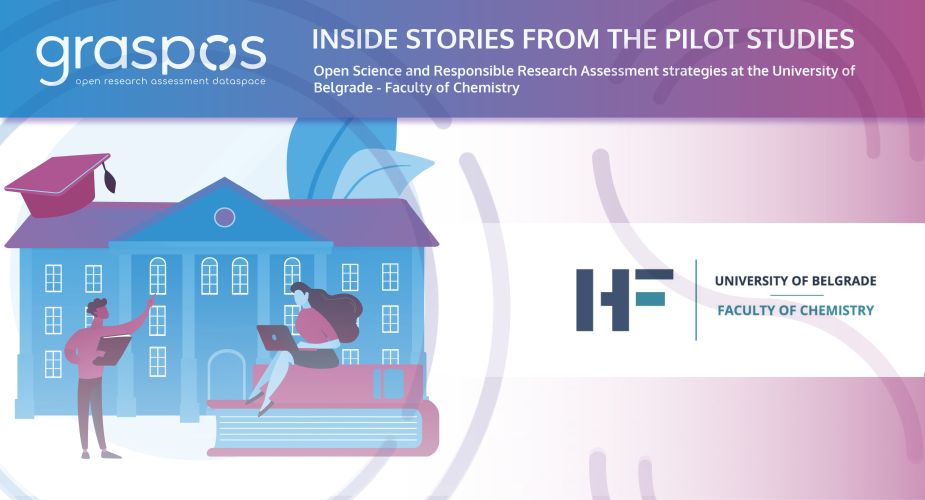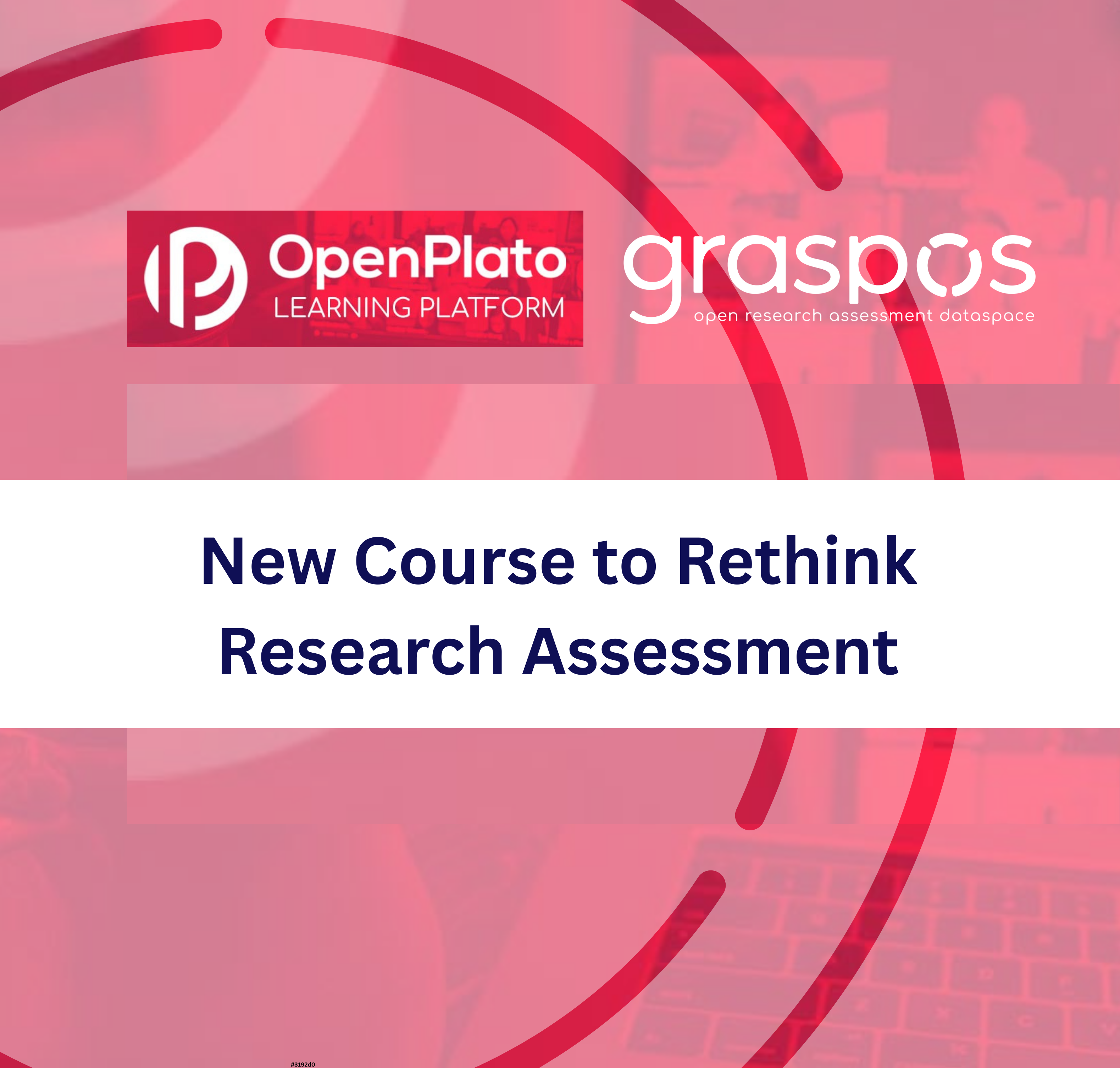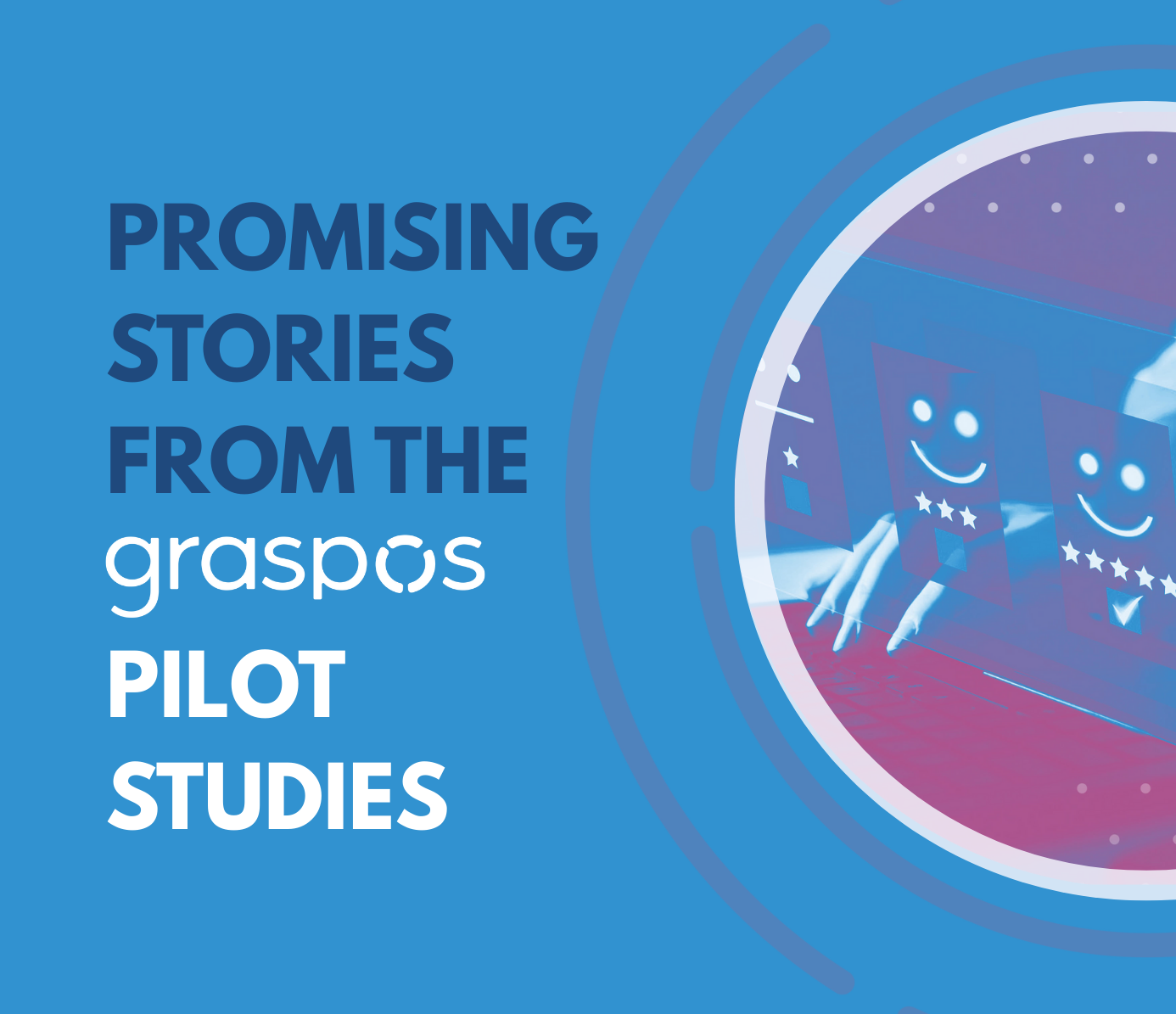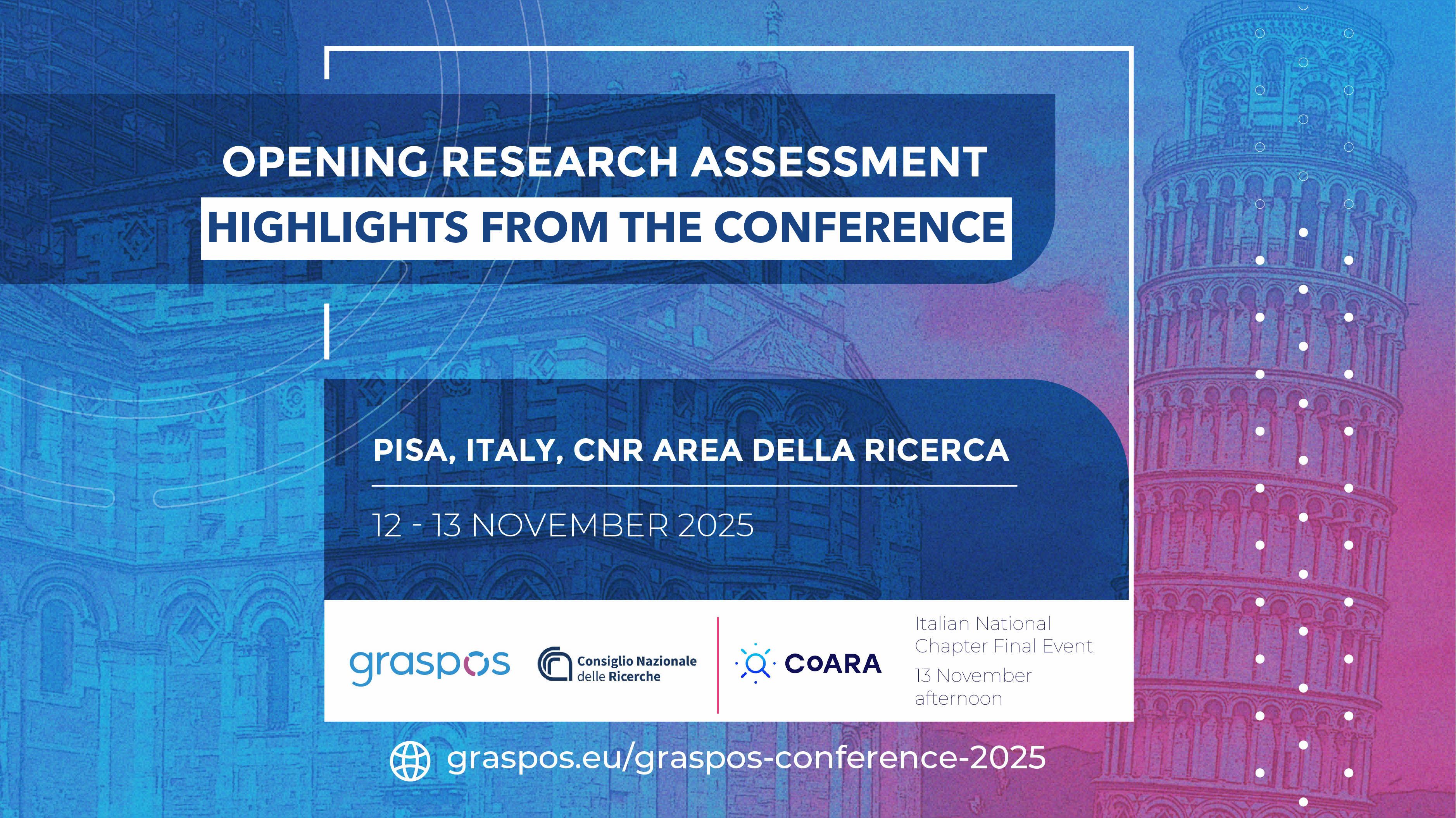Open Science and Responsible Research Assessment strategies at the University of Belgrade - Faculty of Chemistry

THE INSIDE STORIES PROVIDE INSIGHT INTO THE GRASPOS PILOT STUDIES, PRESENTING THE AIMS AND CURRENT STATUS OF THEIR ACTIVITIES. LEARN ABOUT WHAT THE PILOTS ARE UP AND HOW THEY AIM TO BRING OPEN SCIENCE AND RESEARCH ASSESSMENT TOGETHER.
This month, Ana Đorđević, librarian and institutional repository manager at the University of Belgrade - Faculty of Chemistry (UNIBE), answered our questions about the GraspOS pilot study she is leading. The pilot is focused on institutional responsible research assessment at UNIBE.

Ana Đorđević
Ana, Could you please tell us about the primary aims and objectives of the pilot?
Within the institutional digital repository - Cherry, and in cooperation with University of Belgrade Computer Centre (RCUB), the aim is to develop visual models for rewarding researchers with regard to the application of Open Science. We have four goals that we plan to achieve:
- Establishing badges for researchers who apply Green Open Access (Self-Archiving model).
- Establishing badges for groups of researchers (departments) applying Green Open Access.
- Establishing badges for participation in specific seminars on Open Science and RRA topics conducted by a librarian.
- Enhancing the institutional Rulebook on Open Science to define and regulate pilot activities related to the researcher reward system, including evaluation and monitoring of researchers' activities
why was this pilot study chosen? WHICH challenges in the current research assessment system prompted its development?
In 2018, The National Open Science Platform defined the rules and procedures for depositing scientific results in institutional Open Access repositories. However, due to the absence of national monitoring, the assessment of researchers' adherence to Self-Archiving practices remains inconclusive.
UNIBE, as the pioneer in Serbia, established the first institutional repository within the sustainable RCUB infrastructure. Subsequently, an institutional Rulebook on Open Science was formulated. This significant step was made possible through effective communication between librarians and researchers, bolstered by the support of the Faculty board and RCUB. UNIBE continues to lead in Open Science practices, now expanding into new areas due to its immense potential.
ARE THERE specific aspects of open science you are looking into in relation to responsible research assessment?
We will investigate the activities of researchers and departments at UNIBE so that we can create a strong foundation for the RRA reward system. The activities mostly concern depositing scientific results in the Cherry Institutional Repository "as open as possible, as closed as necessary". We expect that the deposition of scientific results will intensify if more researchers attend seminars dedicated to OS and RRA.
WHAT stage of development is the pilot currently in?
The pilot at UNIBE is currently in its preliminary stages. A team consisting of one librarian together with a developer and three junior researchers is brainstorming ideas regarding how badges, as well as an evaluation and monitoring system will look like in the external application "Authors, Projects, Publications" (APP) of the Cherry repository.
How do you think that this pilot can be relevant to enable the move towards a research assessment system that takes Open Science into account?
With our success, we aim to set an example to all other institutions in Serbia (faculties and institutes) as an achievable model. Eventually we hope that the importance of practising Open Science and RRA will be recognized and required for further research career progression.
Is there anything else you would like to add or highlight about the pilot study before we conclude?
Thank you for including us in this wonderful project! We understand that RRA practices are in their beginning stages in Serbia, so participation in a project like this is invaluable to us as an institution.
Besides our enthusiasm to apply new reward systems, we are very glad to have the opportunity to learn from other pilots, to network and develop good practices at our Faculty and in our country. By motivating researchers to take part in all activities connected to Open Science, I believe that this would improve the overall research quality at UNIBE.
As a librarian, I find it especially important to learn from other colleagues participating in the project and present a new aspect of the librarian role at institutions (e.g. complete repository management, organising seminars and giving lectures on Open Science and RRA, etc). I am confident that we have very talented developers capable of clearly realising the reward system, as well as enthusiastic young researchers willing to take part in its testing.
Thank you Ana for sharing this story!



